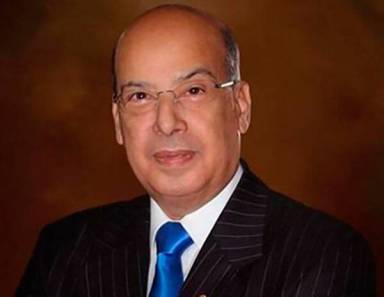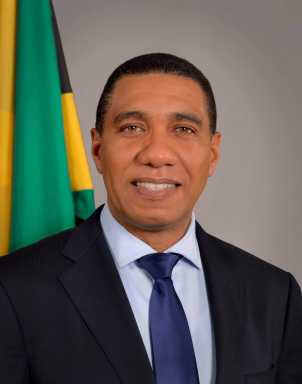Listeners:
Top listeners:
-
play_arrow
RadioJLR Just Press Play
CARICOM interested in trade, aid, and climate change in the Trump presidency

Caribbean Community countries will have to fight to get the attention of a Trump presidency in trade, aid, and the world climate. However, governments do fear that his antagonistic approach to the need for climate change will present the most severe challenges to the region, a top regional official said this week.
Sir Ronald Sanders, Antigua’s Ambassador to the U.S., has quickly penned what he thinks would be the region’s concerns under an incoming Trump presidency. He notes that the region hardly has any choice but to continue its global climate change and mitigation advocacy, as there is little doubt the Caribbean is on the front line of changing weather and climate patterns.
“On climate change, Mr. Trump’s policies will pose difficulties for Caribbean countries which are among the worst affected by extreme weather conditions, including global warming and sea level rise. During his presidential campaign, he downplayed climate change. He again expressed his intention to withdraw the U.S. from the Paris Agreement and to expand oil and gas production, removing regulations that impede fossil fuel extraction. CARICOM countries, however, remain committed to sustainable development and will need to engage the U.S. in urgent discussions to ensure progress on global climate goals,” Sanders said, writing in his weekly syndicated column.
Other critical areas identified by Sanders include trade, with the veteran diplomat noting Trump’s obsession with trade imbalances with China and the European trade bloc. In this area, the region is in a good place and will likely escape the attention of the White House because “the U.S. has enjoyed a perennial balance of trade surplus with CARICOM countries collectively,” except for an imbalance involving the oil and gas-producing nations of Guyana and Trinidad. “In 2023, the U.S. trade surplus was $7.4 billion. The figure would have been larger,” he wrote, noting that the balance with Guyana is $1.9 billion and $889 million for Trinidad.
“When this figure is compared with U.S. aid to CARICOM countries, it shows that the U.S. trade surplus far exceeds U.S. aid. U.S. global aid in 2023 was $61 billion, half of which went to 10 countries, principally Ukraine ($16.4 billion) and Israel ($3.3 billion). All 14 independent CARICOM countries received $456.2 million, of which $393.8 million went to Haiti, leaving $62.4 million for the remaining 13 countries. In other words, the U.S. trade surplus with CARICOM countries is $7 billion more than the aid given by the U.S. CARICOM might consider ways to leverage this economic interdependence to improve trade terms and promote greater investment in the region.”
President-elect Trump won Tuesday’s election in the U.S. by a handsome and easy margin over rival and incumbent Vice President Kamala Harris. Most governments have already sent congratulatory messages to Trump as they prepare for what is ahead for the next four years.
Ambassador Sanders, meanwhile, argues that the region remains deeply concerned about the conflict in the Middle East, reminding everyone that most governments support the two-state solution concept to settle decades of conflict.
“At a people-to-people level, the U.S. and the Caribbean have been so deeply intertwined historically that only the current social instability and economic underdevelopment, promoting large numbers of refugees to flee illegally to the U.S., poses a threat to the continuing strength of their relationship. But the U.S. and the Caribbean live in close proximity to each other. Therefore, like all close relationships, they both have to preserve their relations in each other’s interest not only for the present but also for the future,” he said.
Similar posts
© 2025. All Rights Reserved by Radio-JLR



Post comments (0)